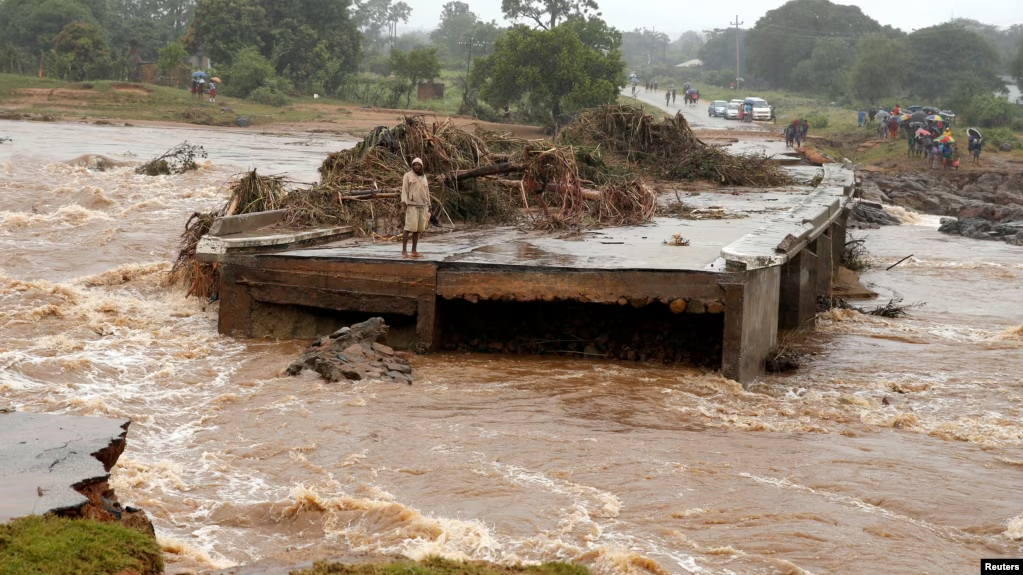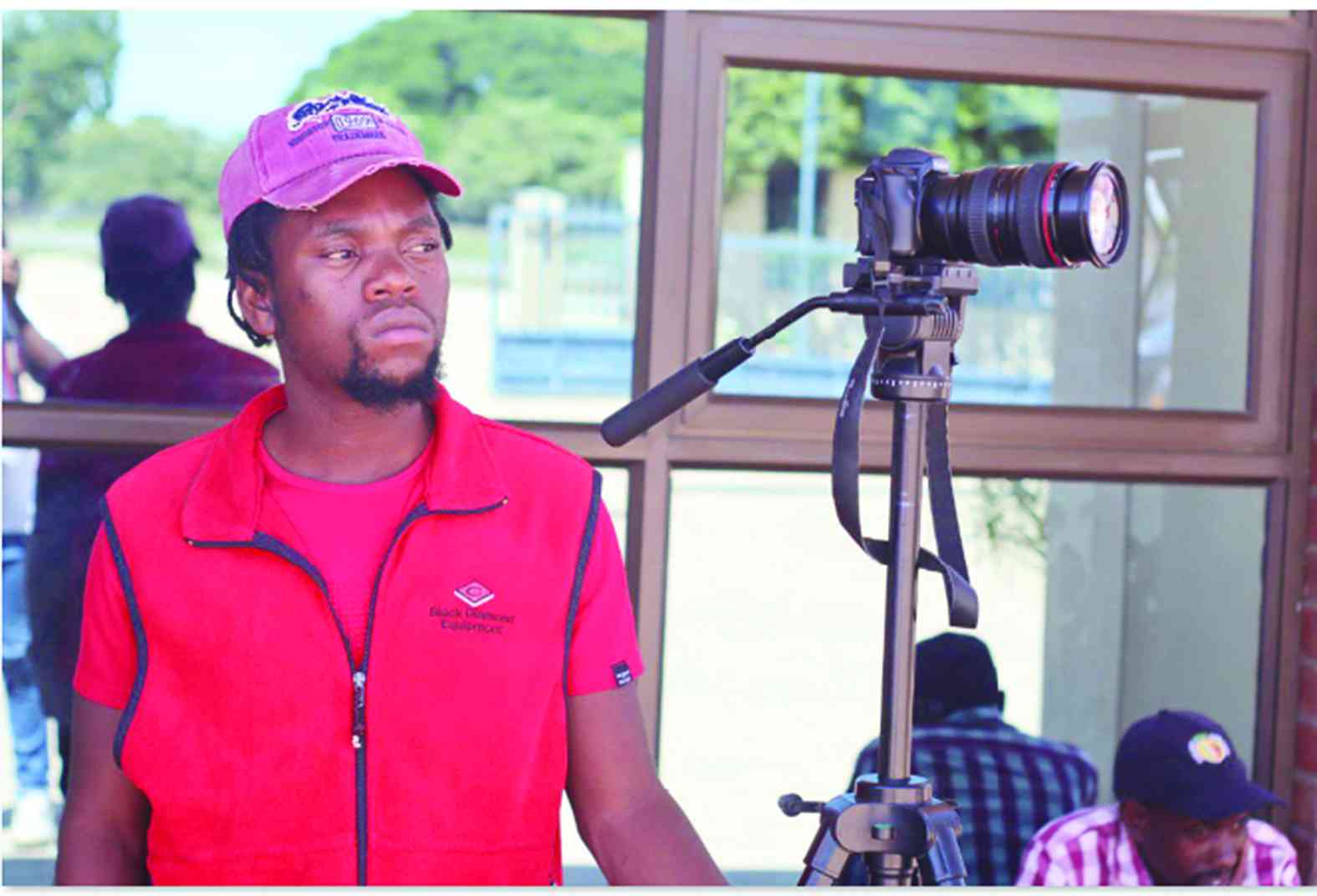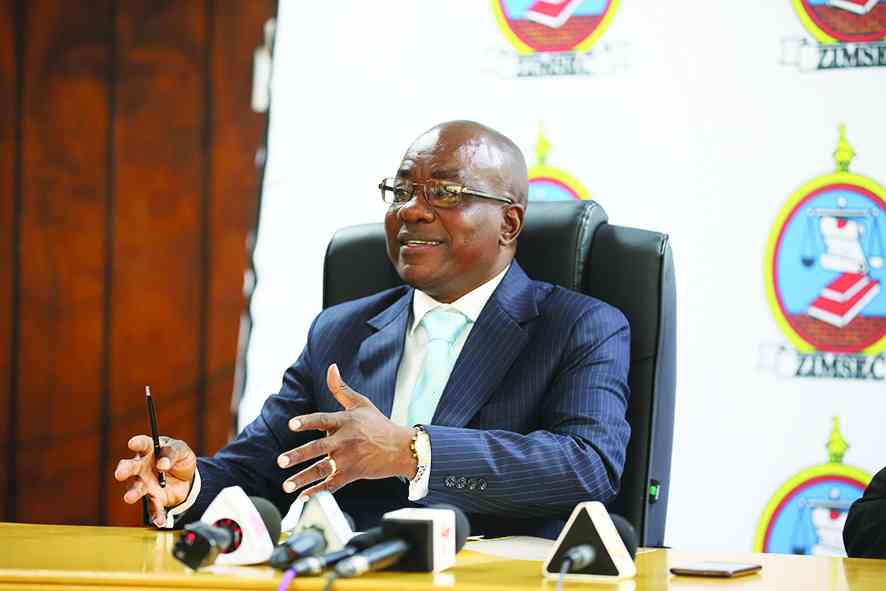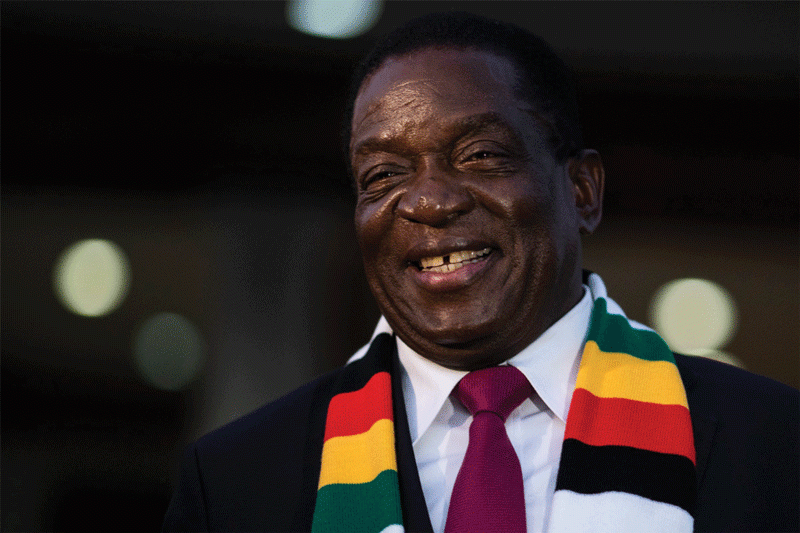
It is now three years since commissioners for the Zimbabwe Human Rights Commission (ZHRC) were sworn into office by the President.
In the house with John Makamure
The three years can largely be described as having gone to waste as far as the work of the commission is concerned.
The continued deterioration in the human rights situation in the country is enough testimony that the commission is not doing the work that it was set up to do.
To make matters worse, Parliament has not played its role at all to ensure that the ZHRC is adequately capacitated, both in financial and material terms. Commissions such as the Human Rights Commission and Anti-Corruption Commission are extremely important in any democracy in order for those holding the levers of State power not to abuse this power.
And for these independent commissions to be truly independent, they have to be accountable to Parliament and not line ministries.
Their funding should be adequate and guaranteed and not be subject to the mercy of the Finance minister or the Executive. Regrettably, this is the state of affairs in Zimbabwe. The ZHRC has not been able to function because of grossly inadequate financial resources and a poor legal framework.
The law gives the Executive too much power over the commission.
- Chamisa under fire over US$120K donation
- Mavhunga puts DeMbare into Chibuku quarterfinals
- Pension funds bet on Cabora Bassa oilfields
- Councils defy govt fire tender directive
Keep Reading
This has been perpetuated by Parliament’s failure to enforce the few legal provisions in the Constitution and Zimbabwe Human Rights Commission Act that tries to give the commission some teeth.
The functions of the ZHRC, as outlined in Section 100R (5) of the Constitution, are to promote awareness of and respect for human rights and freedoms at all levels of society; promote the development of human rights and freedoms; to monitor and assess the observance of human rights in Zimbabwe; to recommend to Parliament effective measures to promote human rights and freedoms; to investigate the conduct of any authority or person, where it is alleged that any of the rights in the Declaration of Rights has been violated by that authority or person; and to assist the minister responsible for the Act of Parliament (who is the Justice minister) to prepare any report required to be submitted to any regional or international body constituted or appointed for the purpose of receiving such reports under any human rights convention, treaty or agreement to which Zimbabwe is a party.
The constitution empowers Parliament to enact an Act of Parliament that may confer power on the ZHRC to conduct investigations on its own initiative or on receipt of complaints; visit and inspect prisons, places of detention, refugee camps and related facilities in order to ascertain the conditions under which inmates are kept there, and to make recommendations regarding those conditions to the minister responsible for administering the law relating to those places or facilities; visit and inspect places where mentally disordered or intellectually handicapped persons are detained under any law in order to ascertain the conditions under which those persons are kept there, and to make recommendations regarding those conditions to the minister responsible for administering the law relating to those places; and to secure or provide appropriate redress for violations of human rights and for injustice.
Sadly, while the Zimbabwe Human Rights Commission Act has provisions conferring the commission such critical powers, these have only remained on paper.
From February 2009 (the period that the commission is allowed by the law to begin investigations) there have been several cases of alleged human rights abuses especially perpetrated against human rights defenders and civil society activists.
One would have expected the commission to spring into action and carry out investigations on its own initiative as provided by law.
However, this has not been the case. The commission has been totally silent on the issues.
It was, therefore, not surprising to see renowned human rights lawyers Reg Austin recently resigning as chairperson of the commission.
Surely, any professional person with integrity to protect cannot continue to serve under such a very difficult environment.
Section 8 (3) of the Zimbabwe Human Rights Commission Act requires the Justice minister to table before Parliament any report submitted to him or her by the Commission under subsections (1) and (2) of the Act no later than the 30th sitting day of whichever House of Parliament sits first after the minister has received such report.
These reports have not been submitted to Parliament since the establishment of the ZHRC three years ago. Sadly, Parliament has not been vocal against such blatant violation of the law by the responsible authorities.
Parliament must, through the relevant portfolio committee of Justice, Legal, Constitutional and Parliamentary Affairs, put pressure on the Justice minister and the commission to table such reports to the august House.
The commissioners must also be called upon to regularly appear before the portfolio committee and give evidence on their work, accomplishments and challenges.
This is exactly what oversight means especially now when we are heading towards elections and the work of the commission assumes greater importance. Parliament played a bigger role in the appointment of commissioners and the setting up of the commission.
It must, therefore, ensure that the commission is adequately capacitated to fulfil its functions.
We expect human rights violations to increase significantly when a date for the elections is made public.
The commission must be ready to deal with such violations without fear or favour.
This is the time to educate the public on the work of the commission, especially on the procedures to seek redress from it.
- John Makamure is the Executive Director of the Southern African Parliamentary Support Trust writing in his personal capacity. Feedback:











